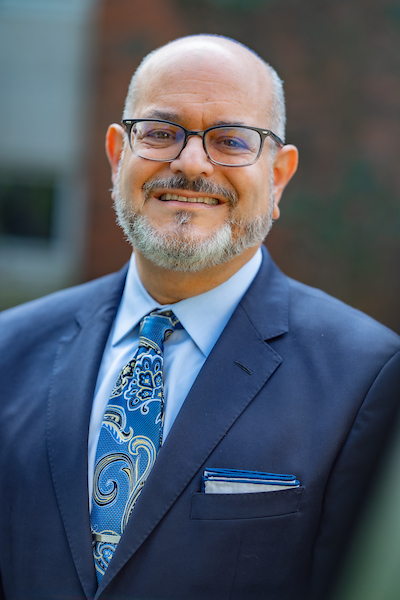While Judaism does not have an equivalent to the secular Mother’s Day, Reform Judaism has been at the forefront of including women in religious life as equal partners. Sally Priesand was the first woman to be ordained a rabbi in 1972. In 1975, Barbara Ostfeld became the first ordained woman cantor. Both were ordained by the seminary of the Reform Movement, Hebrew Union College-Jewish Institute of Religion. As early as 1994, the Central Conference of American Rabbis, which publishes prayerbooks for Reform congregations, began using gender-inclusive language and adding the Matriarchs – Sarah, Rebekah, Leah, and Rachel to the liturgy. The Religious Action Center, the hub of Jewish social justice and legislative activity in Washington, D.C., has been at the forefront of advocating on women’s rights issues. In partnership with the Women of Reform Judaism, RAC has addressed issues of women’s economic empowerment, through the focused lens of paycheck fairness. Over two decades ago, the Reform Movement began lobbying on behalf of legislation supporting the enforcement of existing laws prohibiting all forms of violence against women. Since 1935, the Reform Movement has been advocating on behalf of reproductive rights and women’s health. What better way to honor our mothers than by working for their equal rights and treatment.
How does Reform Judaism say we should best honor our mothers in today’s world?

